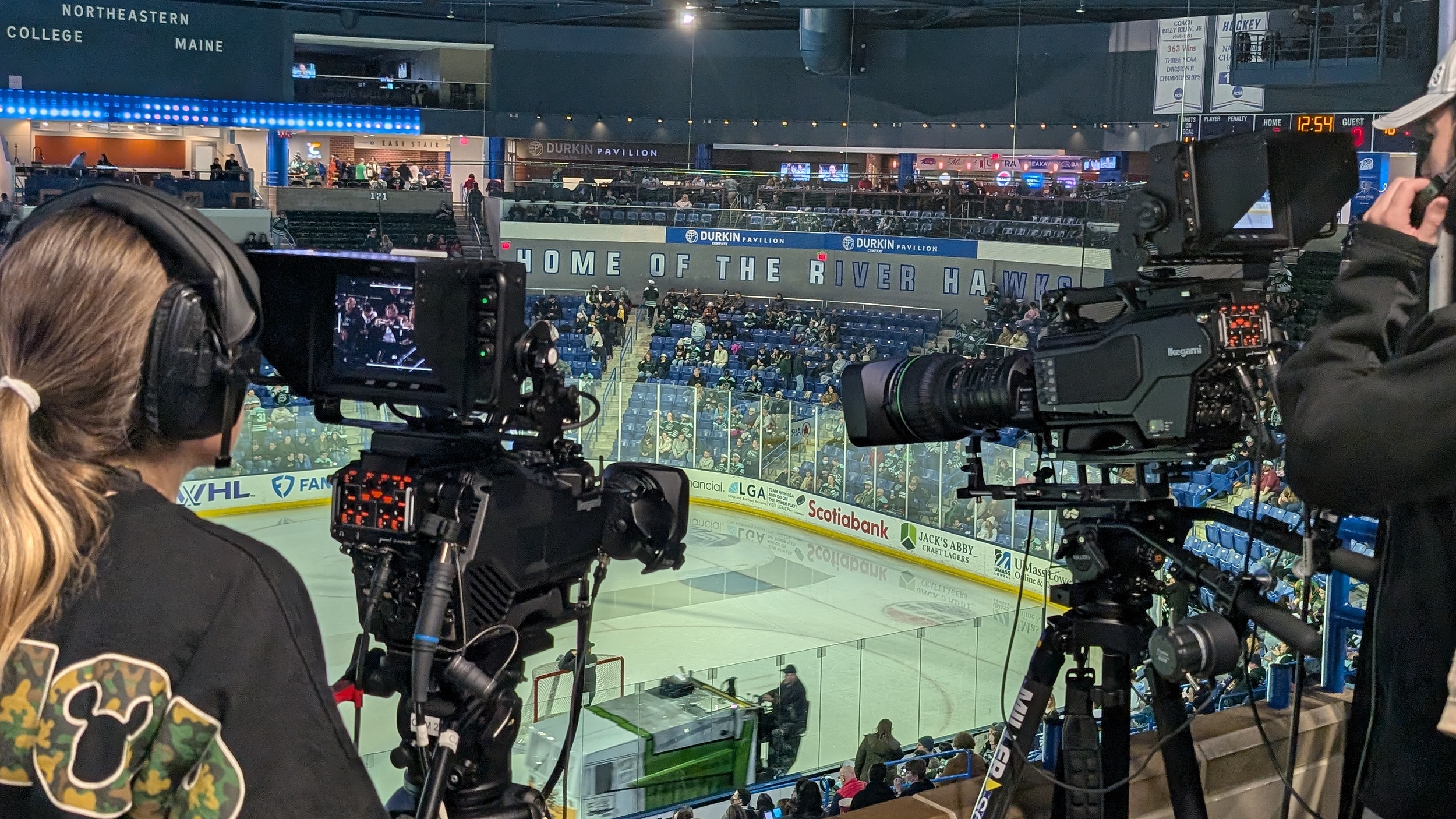House Panel approves single-dish provision for satellite distribution of broadcasts
A House Subcommittee last week approved a measure requiring DirecTV and EchoStar — the two dominant direct-to-home satellite operators — to put any local broadcast channels they offer on a single satellite dish instead of two dishes. They would have a year to complete the transition.
EchoStar currently requires subscribers in 38 markets to have two dishes, citing capacity constraints. Local channels are split between the two dishes and Reuters reported that broadcasters have complained that less popular channels are shunted to the second dish that some customers forgo. DirecTV, now controlled by News Corp., is also expected to use two dishes in some local markets when service begins in more cities later this year.
The bill would “help ensure that consumers where local-into-local is available have ready access to all the local broadcast stations in their market,” said Rep. Fred Upton, chairman of the House Commerce subcommittee on telecommunications which approved the measure by voice vote.
The legislation does not address the issue of the picture quality of the redistributed broadcast signals. Presumably, in order to distribute the local signals to a single dish, the satellite operators would have to increase the amount of compression used on the signals of the local stations. Excessive compression can cause reduced image quality, a problem already noticed by many existing pay television subscribers.
EchoStar officials said that the proposal could slow deployment of local channels in 40 new markets and it may have to give customers in 30 markets a second dish or dispatch a truck to reposition the subscriber’s existing satellite.
The two-dish provision is part of a broader measure that would extend a law authorizing satellite television companies to offer local broadcasts. The current law expires at the end of the year.
In markets where satellite operators begin offering local broadcast stations, the proposed legislation gives subscribers 60 days to decide whether they want that service or prefer to continue receiving the signal of a distant broadcast network.
The professional video industry's #1 source for news, trends and product and tech information. Sign up below.
The legislation also extends an exemption so the satellite companies do not have to negotiate financial deals to carry the distant broadcasts, depriving Walt Disney Co.’s ABC network and others of additional revenue.
The Satellite Broadcasting and Communications Association criticized the measure because some customers, about 200,000, will no longer be able to receive distant signals if they choose to get local channels.
